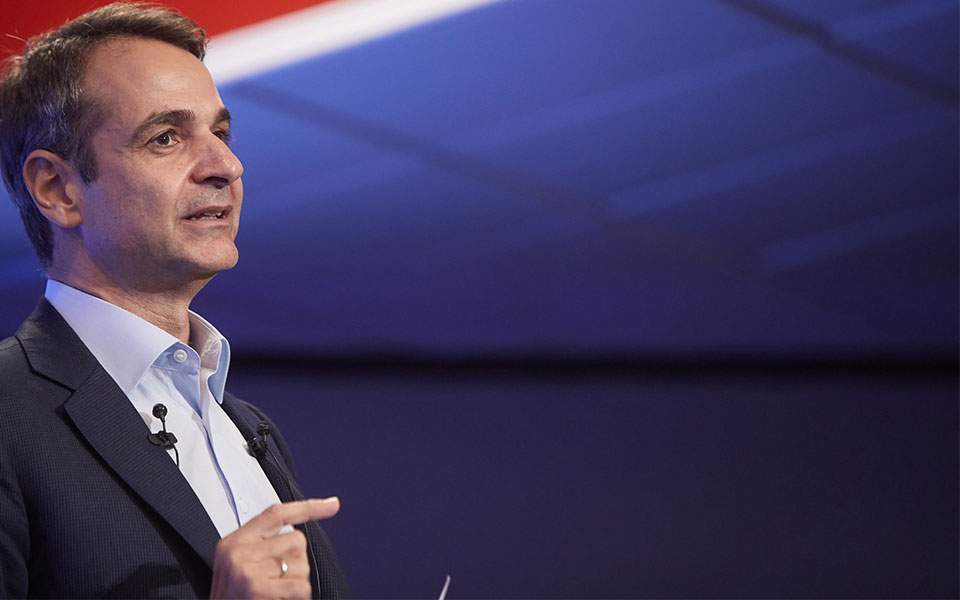Mitsotakis calls bond auction ‘vote of confidence’

Greece launched a 7-year bond auction Tuesday, the country’s third effort this year to raise money from international markets while improved borrowing rates provide an advantage.
The auction aimed at raising 2.5 billion euros ($2.8 billion) followed 5-year and 10-year bond issues earlier in 2019. Altogether, the three are intended to generate about 7 billion euros ($7.9 billion) to fulfill Greece’s financing needs.
The Tuesday auction was the first of the new Greek government that took office this month under conservative Prime Minister Kyriakos Mitsotakis. He has promised Greece’s steady return to bond markets following three international bailouts and to renegotiate strict budget performance targets with the country’s creditors.
Before announcing results of the auction, government officials said demand for the bond was more than four times the target amount. The prime minister congratulated government agencies in a tweet for the issuance of a bond “at a record low yield of 1.9 percent.”
“This is a vote of confidence in Greece’s growth prospects,” he said.
Greece has promised lenders it will deliver an annual primary budget surplus – the balance before debt servicing costs – of 3.5 percent for the coming years. But the new government wants to renegotiate the target for 2021 and onward.
“We will not endanger the achievement of primary surpluses in 2019 and 2020. We must be serious and consistent with the budget execution,” government spokesman Stelios Petsas told state-run ERT television late Monday.
“When we move forward with our reform plan. That will allow us to … set out to our partners and lenders the need to reduce primary surpluses to more realistic levels.”
Creditors, however, have appeared cool to the idea of lowering targets, which they argue are crucial to keeping in check Greeces huge national debt – around 180 percent of GDP.
“Any rebalancing of fiscal policies should be targeted to foster growth while safeguarding the achievement of the agreed primary surplus,” Klaus Regling, head of the eurozone rescue fund ESM, told a conference near Athens Tuesday.
The ESM and a predecessor rescue fund remain Greeces largest creditors, having provided 205 billion euros ($230 billion) out of the nearly 290 billion euros ($325 billion) the country received in bailout loan support. [AP]





